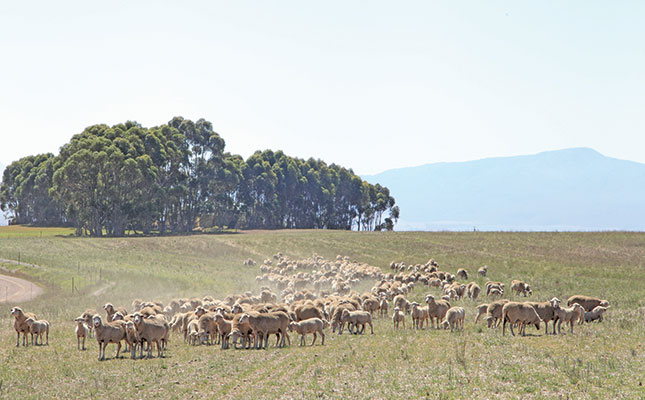
Photo: FW Archive
It is concerning that negotiations between the financially embattled Land and Agricultural Development Bank of South Africa (Land Bank), the National Treasury, and the bank’s lenders, have exceeded the 31 March 2021 deadline to develop a mutually acceptable Commitment Agreement for the Land Bank’s operational restructuring and settlement of its substantial debt repayment requirements.
This is according to Dr John Purchase, Agbiz’s CEO, who explained that this failure to meet the deadline did not foster confidence that effective solutions to the Land Bank’s varied and critical challenges are going to be achieved.
“The Land Bank was supposed to finalise debt payments to Standard Chartered by 31 March, given that Commitment Agreement was to be concluded by then, and it has not been able to meet those obligations. As a statement by the Land Bank said, there are still issues outstanding around restructuring and debt settlements that needed to be met,” Purchase said.
The Land Bank’s statement said that achieving the Commitment Agreement had been delayed beyond the 31 March 2021 deadline because the Land Bank and its lenders and funders now needed to incorporate a material change in the previous version of the Liability Solution for the Land Bank regarding its creditors.
The revised Liability Solution takes into account National Treasury’s requirements for the R7 billion capital injection that it has confirmed for the Land Bank over the next three years. These requirements include that the Land Bank focus on increasingly financing development and transformation in South Africa’s agricultural sector.
“It should be appreciated that the negotiation process is complex, and involves multiple local and offshore lenders through a voluntary process which needs a significant majority of lenders to consent to the solution. The [Land] Bank has, and will continue to provide lenders with the relevant information at its disposal, which is reasonably necessary to address issues of concern and contention between it and its lenders,” the Land Bank’s statement continued.
Farmer’s Weekly reported recently that the Land Bank had already defaulted on repaying part of its R40 billion debt.
The Land Bank statement said that the bank had more recently been able to utilise some of its resources to “pay down approximately 12% of the capital amount owed to all financial creditors”. This included approximately R48 million of the R400 million that Standard Chartered Bank was demanding from the Land Bank.
“My understanding is that National Treasury wants the Land Bank to play a smaller role, and not have the massive exposure that it currently has in terms of farm debt and other risks; and that the Land Bank focusses far more on the developing agriculture sector and less on the developed commercial sector,” said Purchase.
He added that Agbiz did not have full details on what all of the Land Bank’s current liabilities are and when these liabilities are due, and on whether or not National Treasury may want to commit further financial support to the bank in addition to the R7 billion already committed over the medium-term, to make the Land Bank a going concern again.
“There are still a lot of questions. We understand and respect that the Land Bank, together with its partners, need to be given the space to deal with these matters. In the meantime, opportunities are arising for other role-players to enter South Africa’s agricultural financing market. Given good commodity prices and good climatic conditions generally in recent years, there is appetite from new and existing financiers to take on clients from the Land Bank,” said Purchase.
The Land Bank’s statement said that the revised Liability Solution that was to be finalised with the bank’s lenders would determine the immediate and future “strategic choices for the bank, including its balance sheet resizing”.
The statement added that the Land Bank would only again be issuing public communications on its strategic plan once deliberations on this Liability Solution are concluded.












